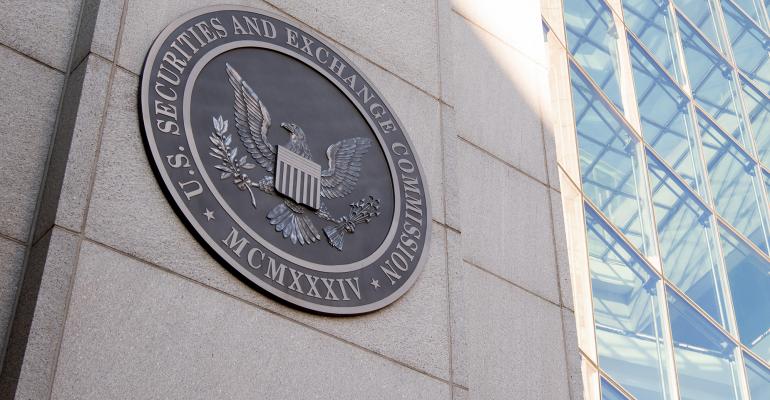The Securities and Exchange Commission charged a California-based SpaceX engineer with pushing “insider tips” on certain securities to investors on the dark web, claiming he falsely told investors he had insider information. This is the SEC’s first enforcement action concerning alleged securities violations on the dark web.
In a parallel action, the Department of Justice also announced Thursday that James Roland Jones of Redondo Beach, Calif. had pleaded guilty to insider trading, facing a maximum sentence of five years in prison.
According to the SEC’s complaint, beginning in 2016, Jones visited at least three different dark web marketplaces facilitating sales for illegal drugs, firearms, personally identifiable information, fraudulent identification documents, as well as malicious software and hacking tools.
The “dark web” is a subsection of the “deep web,” which refers to anything on the Internet that is not indexed or accessible by utilizing a search engine. The dark web is an intentionally hidden part of the deep web, where users must have specific software to access sites (and can do so anonymously); it’s often the site of marketplaces for illegal activity.
In accessing the dark web, Jones reportedly found an insider trading forum (ITF), where users could exchange material, non-public information (MNPI) about publicly-traded companies. To access the forum, he needed to prove to moderators that he had access to such information. He tried to guess earnings metrics for issuers in advance of their earnings releases in an attempt to fool moderators into thinking he had such information, but he guessed incorrectly. He continued to try with new online monikers, and gained access to the forum after one correct guess, but lost that access after he could not supply new and accurate projections.
“According to Jones, the information on the ITF was not very specific or particularly useful in any event, and Jones claims he was not able to obtain any useful MNPI from the ITF,” the complaint read. “Jones realized, however, that most people could not gain access to the ITF, and therefore might believe the ITF contained actionable insider information. So Jones devised a scheme to sell purported insider tips to other individuals on the dark web.”
In 2017, Jones purported to have “insider tips” on a marketplace, according to the complaint. He claimed his tips were based on non-public information, assuming that individuals were more likely to pay for tips if they were based on what they believed to be insider information. Traders would pay Jones using Bitcoin and would then make securities trades, according to the complaint.
Additionally, Jones created a separate dark web alias, purporting to be an “insider” who could make trades for others based on (non-existent) insider information, saying he’d split any profits with investors. But Jones was not even trading, and instead paid back a small portion of what he received as a purported return in an attempt to keep investors hooked.
“Jones’s false claims were material. The dark web marketplace users found Jones’s misrepresentations significant enough to pay a fixed amount for the tips or to share their trading profits with Jones,” the complaint read. “A reasonable investor would also consider the fact that the Jones was not actually providing them with MNPI important in deciding whether to invest in the securities that were the subject of Jones’s purported tips.”
The DOJ detailed related conduct, saying Jones had used the moniker “MillionaireMike” to defraud investors by “purchasing personally identifiable information (“PII”) on the dark web, including names, addresses, dates of birth, and social security numbers,” using the information to make financial transactions. In April 2017, an undercover FBI agent gave Jones what he believed to be insider information for an unnamed publicly-traded company, and Jones and an unnamed co-conspirator made a number of securities transactions based on the information, according to the DOJ.
Jones agreed to a bifurcated settlement with the SEC that would permanently enjoin him from further violations, and reserves the possibility for disgorgement and civil penalties at a later time. A sentencing date regarding his guilty plea in the criminal case has not yet been set.





